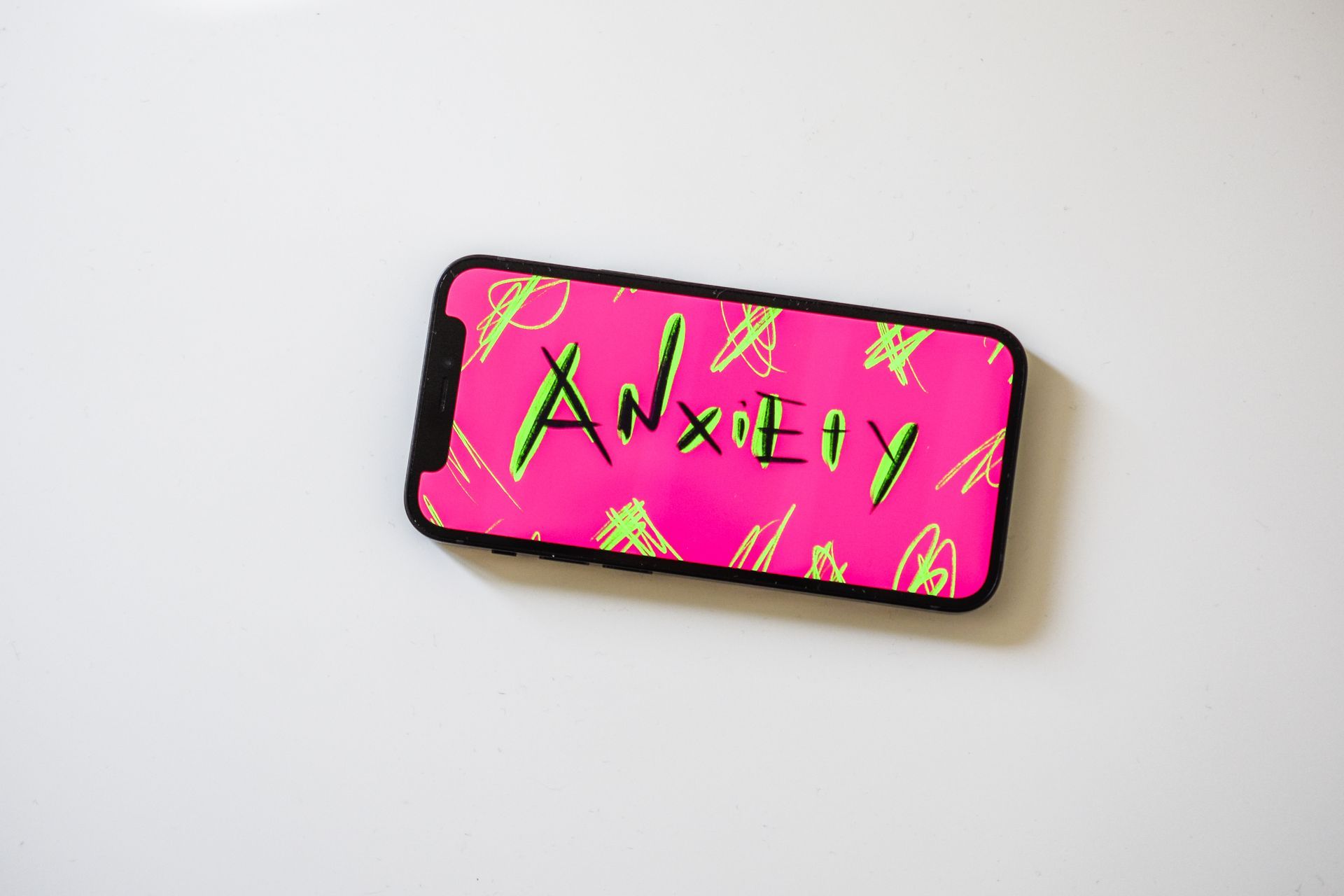- You have been thinking about going to therapy and started looking up therapists on google or psychology today, but can get yourself to make a call
- You were recently told by a loved one or doctor that you should talk to a therapist
- You are feeling overwhelmed, sad, anxious, but still feel unsure about talking to a therapist
- You don’t know if now is a good time to start therapy
- Will therapy even help me deal with cancer?
If you are reading this, it is likely that you have been struggling with adjusting to life with cancer. Yet, committing to therapy has been difficult.
I get it!
A majority of my clients have confided that they felt conflicted about starting therapy at some point before making the call. I am glad you ended up here! I hope that reading through this post will help with some of the questions or concerns you may have about going to therapy.
Below are some common questions or concerns that have come up in my practice.
1. “Can I just talk to my friends?”
Yes, you should absolutely talk to your friends and family! You need a team of people cheering you on, loving on you, showing up on chemo day, or bringing you a meal.
It takes a team to successfully deal with a chronic medical condition.
Yet, it is likely that not all of your emotional needs can be met by your friends or family, no matter how caring and dedicated they are.
2 . “I need to focus on treatment right now.”
It is not uncommon for those who are in treatment to feel that they need to focus all their energy on treatments and medical appointments. I hear you! You are going through tough treatments and may be dealing with a number of side effects. What you need at that time is to rest and take care of yourself.
Here are some less known facts about ways therapy can help improve your quality of life as you navigate treatments:
- Decreased side effects (nausea, vomiting)
- Less anxiety and improved quality of life
- Less fatigue
- Improved sleep
- Seeking online therapy is also a way to getting the help you need while preserving your energy.
3 . “I don't want my family to worry”
Going to therapy makes things real and it can be hard to acknowledge that you are not doing well and that you need help. And you certainly don’t want to worry your loved ones even further, “they are already going through so much with my diagnosis.”
You are right though, your loved ones probably worry about you, because they love you and care about you!
Going to therapy may give you a chance to deal with some of the emotions and symptoms that impact your quality of life, which may positively benefit your relationships with your loved ones as you learn new ways to adjust to stress. It is also possible that your loved ones could benefit from going to therapy (you can go to therapy with your partner or family if appropriate, or they may go to their own therapist).
Going to therapy can help your relationships in a few different ways:
- As you are better able to cope with difficult emotions, you may find yourself better able to connect with others.
- It can help you become more confident in communicating your needs to your friends and family, and finding the support you need.
- Therapy can give you the tools to learn how to be present for your children and parent them in the best way possible with your current limitations.
Here are just a few examples of reasons why my clients have sought help:
- Making lifestyle changes (e.g., increasing exercise, learning stress management) after cancer treatment ended
- Coping with chemo brain
- Getting ready for surgery
- Coping with chronic pain
- Finding a way through depression
- Finding the words to talk about cancer to their children or colleagues
5 . “I have cancer, not depression. Therapy won’t help with my illness.”
Yes and no!
No, therapy is not a cure for nor does it prevent cancer. But therapy can help significantly with physical issues. As I discussed a few paragraphs above, therapy can help alleviate treatment side effects (nausea, vomiting, lack of appetite), improve sleep, manage chronic pain, and so much more!
Cancer turns your world upside down, and while you may not feel depressed, dealing with the many changes the diagnosis causes is hard work.
Therapy helps with just that, all the changes you are forced into! Certain mental health providers are uniquely equipped to help you cope with cancer. As a health psychologist for instance, I specialize in helping adults with cancer and other chronic illnesses adjust to the many stressors of your diagnosis, both physical and emotional.
So, at the end of the day, “Do I need therapy?”
Therapy is not inherently good or bad. As you make a decision, ask yourself it will be helpful or not to help you cope with the current issues you are dealing with, both in your mind and body.
If you think you need therapy but still feel ambivalent about it, one place to start may be to discuss your questions or concerns with a mental health provider. I encourage everyone considering therapy to ask questions to the therapist on the phone before scheduling an appointment. Most of us provide a free phone consultation, which gives you a chance to ask questions and learn more about whether it would be a good fit.
If you live in Miami and are interested in going to therapy at this at this time, call me today for a free phone consultation!
I am
Dr. Aurelie Lucette, a clinical health psychologist who provides
individual therapy in Miami and online throughout the state of Florida. I can help with issues related to anxiety, stress, sleep, and depression. I also specialize in therapy for adults
living with cancer ,
chronic illness, chronic pain.






